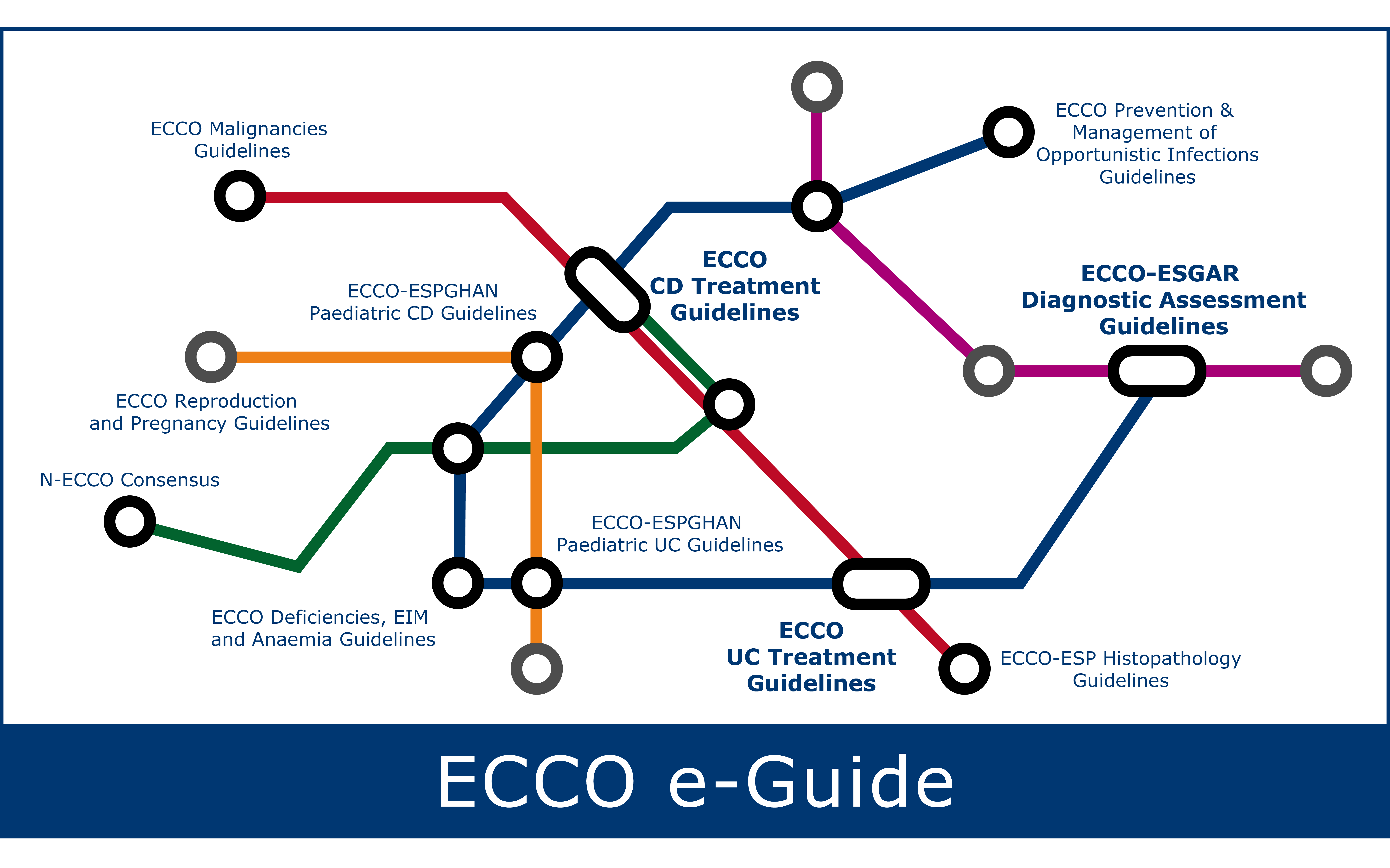Limited data is available regarding psychosocial issues
Prevalence of psychosocial issues
Data is available from the following studies:
- Quality of life in patients with established inflammatory bowel disease: a UK general practice survey
- Psychological disorder and severity of inflammatory bowel disease predict health-related quality of life in ulcerative colitis and Crohn's Disease
- Health-related quality of life and psychological distress in a population-based sample of Swedish patients with inflammatory bowel disease
- Depression and anxiety in people with inflammatory bowel disease
- Health status and health care use in persons with inflammatory bowel disease. A national sample
- A study of the association between Crohn's Disease and psychiatric illness
- Influence of inflammatory bowel disease on different dimensions of quality of life
Psychosocial issues tend to increase with disease severity
Data is available from the following studies:
- A study of the association between Crohn's Disease and psychiatric illness
- The quality of life in patients with Crohn's Disease
- Quality of life study in a regional group of patients with Crohn's Disease. A structured interview study
- Inflammatory bowel disease: a study of the association between anxiety and depression, physical morbidity, and nutritional status
- A prospective study of the relationship between disease activity and psychologic distress levels in patients with inflammatory bowel disease
- Psychological stress and inflammatory bowel disease: a follow-up study in parents who lost a child in Denmark
- Triggers of flares in IBD
It is uncertain whether psychosocial issues predispose a patient to disease onset
Psychosocial issues possibly effect course of Crohn's Disease
Studies suggest depression and anxiety predispose to adverse course of Crohn’s Disease.
Data is available from the following studies:
- Impact of depressive mood on relapse in patients with IBD: a prospective 18-month follow-up study
- Psychiatric illness in patients with inflammatory bowel disease
- Relapse-precipitating life events and feelings in patients with inflammatory bowel disease
- Relevance of major stress events as an indicator of disease activity prevalence in inflammatory bowel disease
- Triggers of flares in IBD
Doctor / patient relationship is important
- A good doctor–patient relationship is helpful psychologically and should take psychosocial factors into account in diagnosis and therapy.
- The IBDQ and the RFIPC are questionnaires that can detect psychological distress.
- Refer patients for psychological support if indicated, and provide contact details for patient associations.
Psychosocial considerations in ulcerative colitis
- Psychological factors do not appear to effect the onset of UC, but may impact the course of UC.
- Active but not inactive UC (similar to other chronic somatic disease) predisposes to psychological distress.
- The psychosocial aspects of disease should be discussed with patients and psychological support provided if needed. This is required in up to 1/3 of patients, particularly in the young, those with anxiety or little social support. Consider the Rating Form of IBD Patient Concerns (RFIPC).
- Some patients benefit from psychotherapeutic interventions

